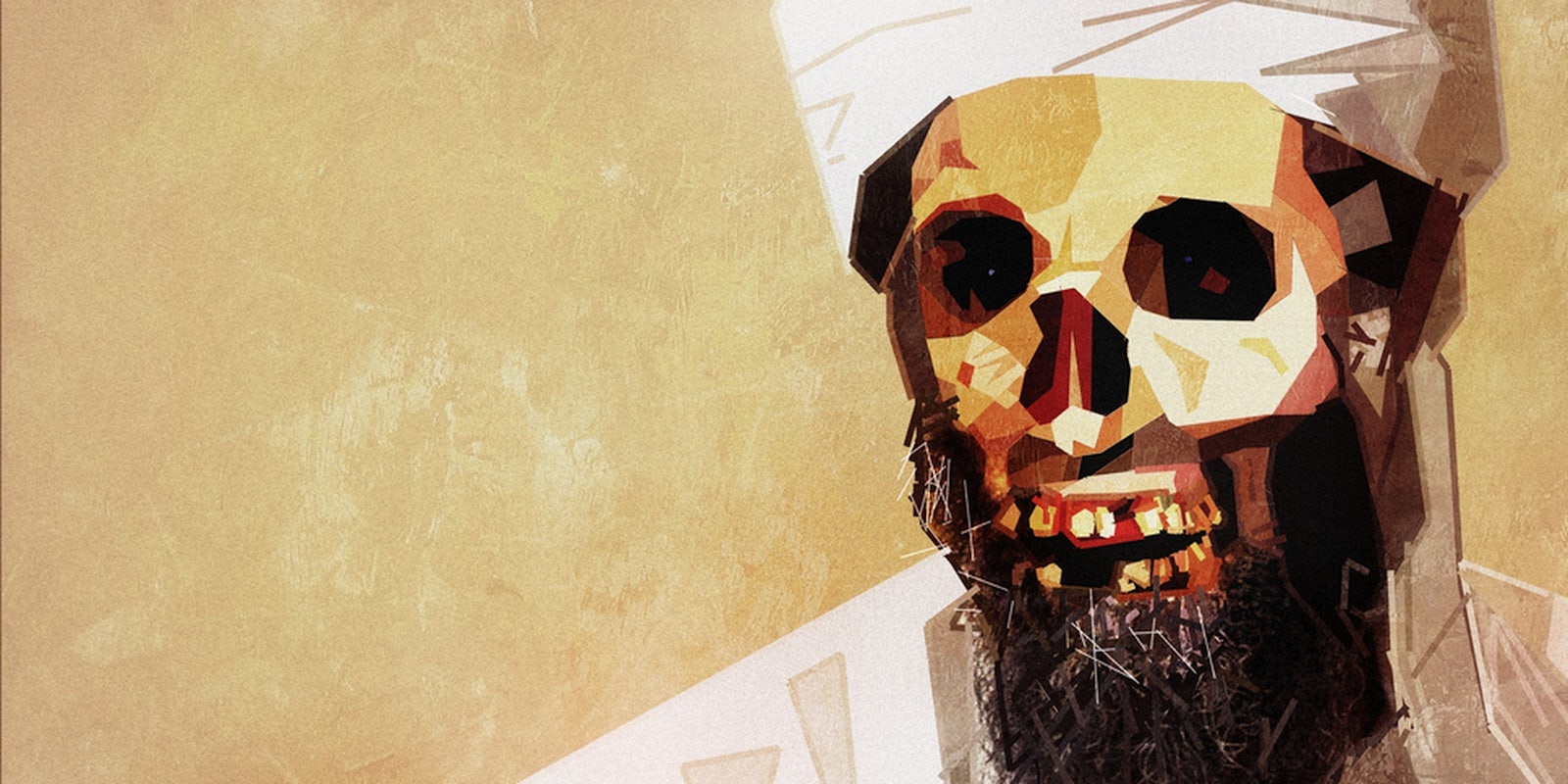BY ALEX GABRIEL
Like Mohammad Sidique Khan, who set off a bomb on the London Underground nine years ago, Elliot Rodger was young, educated and outwardly respectable. Like Khan, he killed seven people including himself. Had he chosen explosives instead of bullets, he would have also been a suicide bomber—though it’s questionable if news outlets would call him that. The term, like “terrorist,” has gained connotations in recent years of religion, race and global outlook.
If Rodger had been a jihadist himself, how would coverage of his murder spree look?
For a start, it wouldn’t treat him as an isolated case, as has press emphasis on presumed mental illness—nor would it cast him, as the #notallmen hashtag did, as one bad apple in the bushel. Together with 9/11 and all such Islamist attacks, the 7/7 bombings were the wide end of a well-established wedge, which (while it, by no means, defines all Muslims) requires religious fervour, will to martyrdom and belief in an afterlife. Had Rodger been a suicide bomber, you can bet he’d be reported on as one part of that movement.
By contrast, reports have drawn no link between his actions (“I will make you all suffer,” he told targets in advance, “all you girls who rejected me [and] gave yourselves to other men”) and the Connecticut teens last month who stabbed a girl for saying “no” to him. Nor did they link Rodger to the Pittsburgh gunman in 2009 who opened fire in a gym because women rejected him—or to the sense of threat that women like Laci Green describe on turning down a man.
Largely, the media has left untouched the idea mass beliefs about gender and violence made events in Santa Barbara possible. (When parents asked police to visit Rodger’s home, concerned by online statements about murdering women, they declared no cause for alarm.)
Seeking this kind of context has been called “trying to spin tragedy for political purposes.”
I’m doubtful many would say the same had he yelled “All?hu Akbar” prior to taking aim. Rodger, who called his plans a manifesto, clearly thought himself political, and if he’d claimed he was acting in God’s name rather than to “punish all females,” one senses they’d insist his own statements were relevant. (“If one girl had just given one chance,” he writes explicitly, “that alone would have prevented the [killings].”) When Khan claimed other-worldly motivations and prayed for rewards in Heaven, plenty insisted (and fairly) that no amount of personal twistedness and no motive but the one he gave could explain what he did. Can’t the same now be said of Rodger?
We’ve learnt to recognise fundamentalism’s watchwords (among them “kafir,” “khalifa,” “fatwa,” and “murtad”) and Rodger’s rhetoric, too, suggests membership of a movement far larger than he was.
“Females truly have something mentally wrong with them. Their minds are flawed,” his manifesto states, the distinctly anatomical first word a hallmark of self-described pick-up artists. It also describes “the privilege of breeding,” and his intent to kill “every stupid, stuck up blonde slut,” dubbing himself an “alpha male” and “incel” (“involuntary celibate”).
This is the language of male supremacist communities, not that of a lone madman. Although half-Chinese, Rodger was (as Molly Crabapple writes) a white terrorist—such distinctive code would never otherwise be overlooked to paint him as an individual monster.
Khan’s group, several of whom met at one mosque, was profiled retroactively by age, ethnicity, religion, education and life story, and background-checking Rodger likewise confirms time spent in a violent, sexist subculture. His YouTube channel boasts over 10,000 subscriptions (few of which, since they function to show new uploads, will have been gained postmortem). Rodger followed MRA and PUA content, and he commented prolifically on a message board for failed pick-up artists.
His autobiography spills copious ink describing his upbringing by the wealthy: notwithstanding his Asian heritage, which it seems he rejected forcefully, Rodger was privileged in every sense, fitting to a T the image of anti-feminists as angry, affluent college boys seeking an outlet. Most don’t kill, but there are many like him, and this has widely been left out.
Perhaps the most telling difference in the treatment of these murderers is the reaction to their victim-blaming. Both men saw retribution in their crimes—against women in Rodger’s case for failing to have sex with him, against subjects of western governments in Khan’s—and both believed their victims to have brought death on themselves.
The media would never accept this from a suicide bomber, but this week Britain’s Daily Mail (whose website is the world’s largest for news) published recent bikini photos of someone it named “the childhood pal-turned-model virgin killer claimed had teased him and who he said was the reason he saw all women as ‘mean, cruel and heartless creatures.’” When the alleged sleight in question occurred, she would have been 12 or 13, but by implication, the Daily Mail appears to accept her guilt.
A similar account of a jihadist’s actions in a major paper is inconceivable, but comb through his online accounts and you’ll discover the virgin killer’s followers; search the manosphere and you’ll find his sacred texts. These are marks of a man whose beliefs thousands shared, and which didn’t die with him.
He didn’t kill for religion, but the truth is that Elliot Rodger was a jihadist—for organised misogyny.
